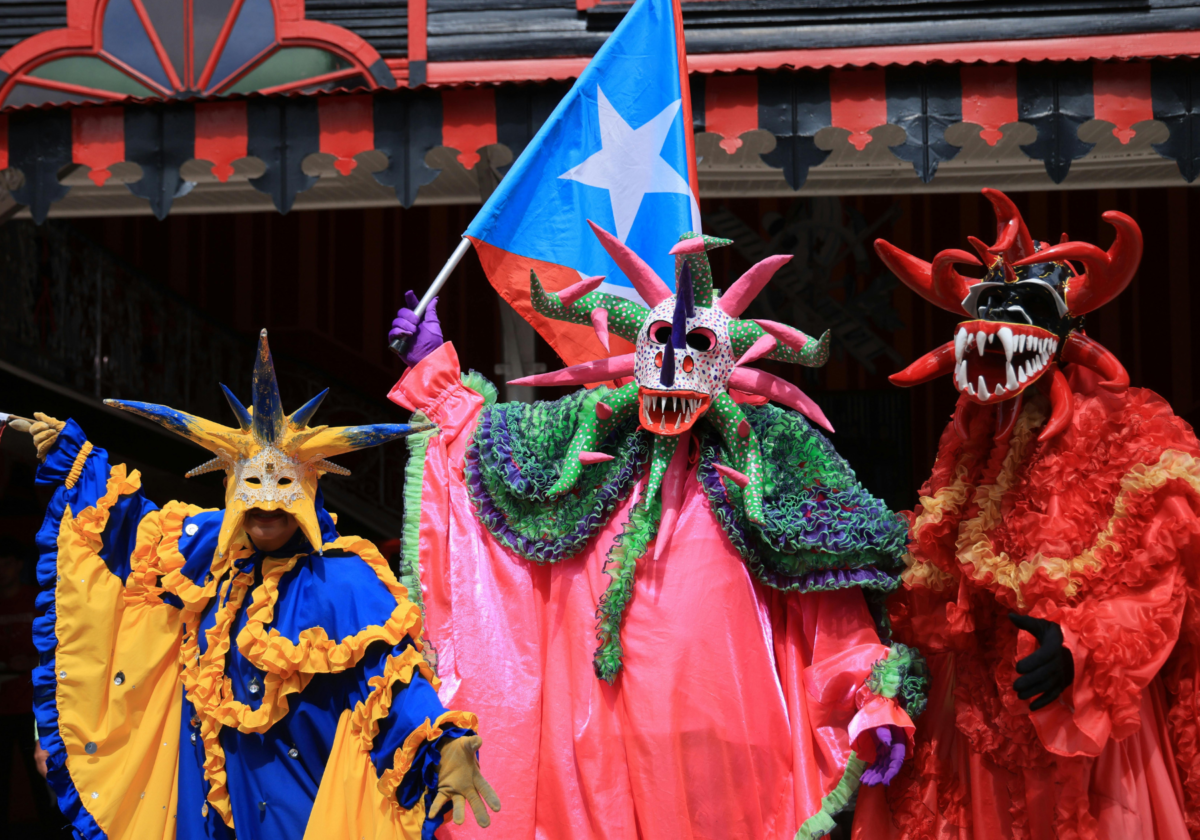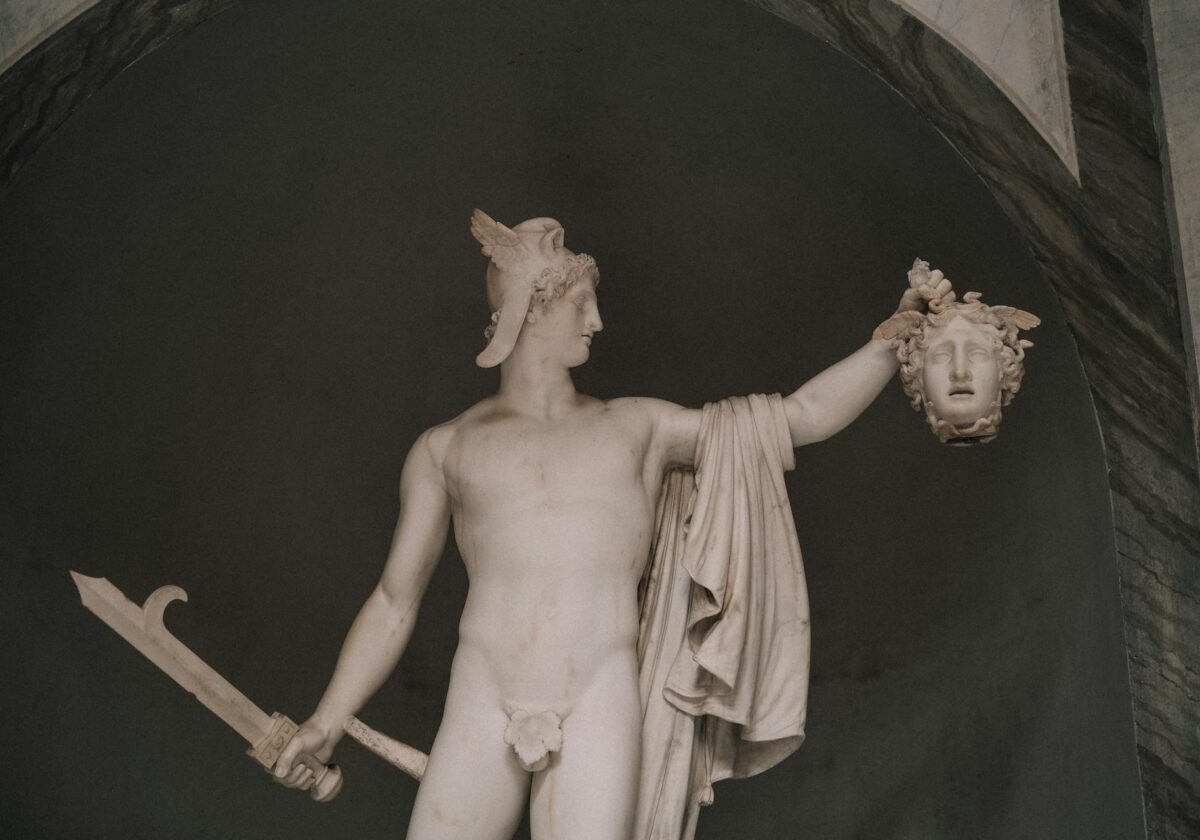From Criticas Magazine:
End of Vargas Llosa and García Márquez Row Denied
By Aída Bardales
Literary agent, Carmen Balcells, denied that Peruvian writer Mario Vargas Llosa will write a prolog for the commemorative edition of Gabriel Garcia Marquez‘s Cien años de soledad (One Hundred Years of Solitude). Balcells told Colombian newspaper El Tiempo that the special edition will include an excerpt from Historia de un deicidio (“History of a Deicide”), an essay Vargas Llosa wrote about the novel when the two were friends.
The misunderstanding came about after Spanish newspaper La Vanguardia reported that Vargas Llosa would write a prolog specifically for that edition. Various news agencies and media subsequently recounted the reports, including British newspaper the Guardian. A spokesperson for the Real Academia Española (RAE or Spanish Royal Academy) reportedly told the Guardian that “Both men are in agreement…” but no official confirmation was made. “This scandal is nothing more than the trivialization reporters commit when dealing with serious matters such as this one,” Balcells told El Tiempo.
The supposed prolog would have ended 30-years of hostility between the two Latin American writers. The two have shared an enmity since Vargas Llosa punched García Márquez at a cinema three decades ago. Neither author has divulged the reasons for their feud and both have only said it was based on personal matters. However, it is widely suspected it was triggered by differences in political views: García Márquez is a loyal friend of Fidel Castro while Vargas Llosa is an avid believer in democracy.
The special edition of García Márquez’s classic work will be published this March by RAE in conjunction with Spanish publisher Santillana and will be presented at the fourth Congreso Internacional de la Lengua (“International Conference of Language”), which will take place in Cartagena, Colombia, the Nobel laurete’s hometown.
The commemorative version of Cien años de soledad will be similar to the 2004 edition of El Quijote—published in celebration of its fourth centennial and presented at the third Congreso two years ago. It will include introductions by fellow “boom” writers—the one by Vargas Llosa, one by Mexican Carlos Fuentes, and one by Colombian Alvaro Mutis—complementary essays, and a glossary.
The centennial edition of El Quijote also included a prolog by Vargas Llosa and sold more than 2.5 million copies.
The Congreso Internacional de la Lengua is organized by RAE—the institution responsible for regulating the Spanish language—and by the Asociación de Academias de la Lengua Española (“Association of the Academies of the Spanish Language”). At this year’s conference, special tribute will be paid to García Márquez, who marks his 80th birthday this year, as well as the 25th anniversary since receiving the Nobel prize.





A number of people much like the truth which a wristwatch can be omega replica uk water-resistant, nevertheless for most men and women, that will isn’t an outstanding that could be normally used by men’s developer distinctive designer watches. Typically, these kind of designer watches are generally removed from ahead of many of us soak as well as visit the share. Various other characteristics like an alarm system would likely create a different rolex replica audio expenditure. Take into account the every day pursuits of these man or woman you happen to be purchasing the timepiece pertaining to to better select his or her demands. Easiness is surely an included crucial perhaps the treatment. A number of people similar to natural leather, even though couple of replica watches uk these people find irritation via donning the idea. Normally, using these designer watches you would like to conserve the classy search, along with silver precious metal band will be the most suitable option to get. This specific makes it possible for your part to take a look sharpened along with however comfortable. Another important question can be that will, would likely your omega replica dish always be cozy donning this specific enjoy. There are many involving adult men that will keep away from smaller sized timepiece, since that they feel they will often search way too peculiar, along with judgemental in hefty wristwatches. Basic cartier replica Engraving Lower Out and about Classic Bank account Enjoy – Such a fashion might be inclined to your current parent as being a bday surprise.
小方1117
polo ralph lauren outlet
cheap oakley sunglasses
cheap jordans
hollister clothing store
nike air huarache,nike huarache,nike huarache sneakers,nike huarache shoes
michael kors handbags
indianapolis colts
moncler coats